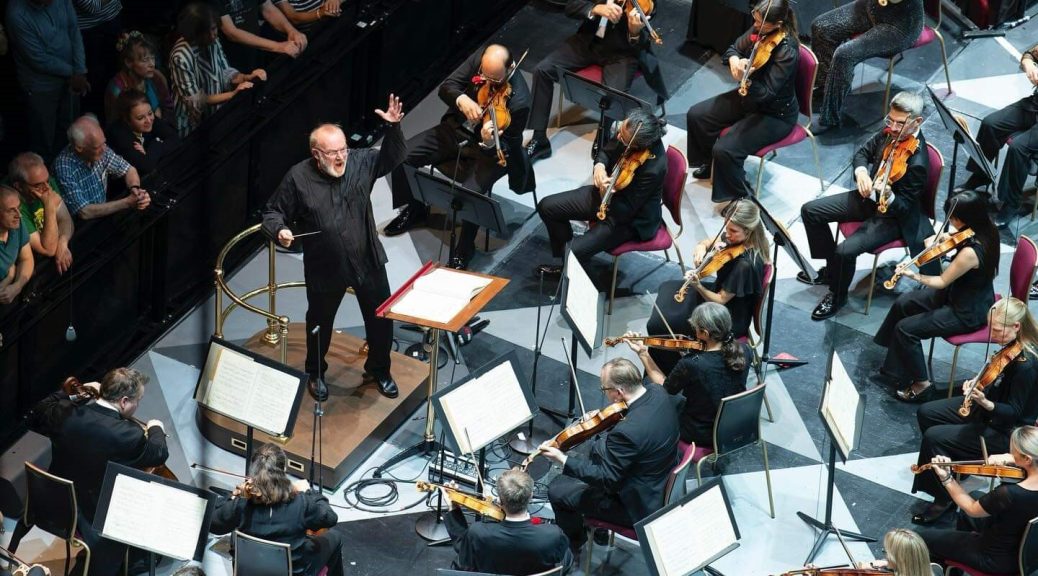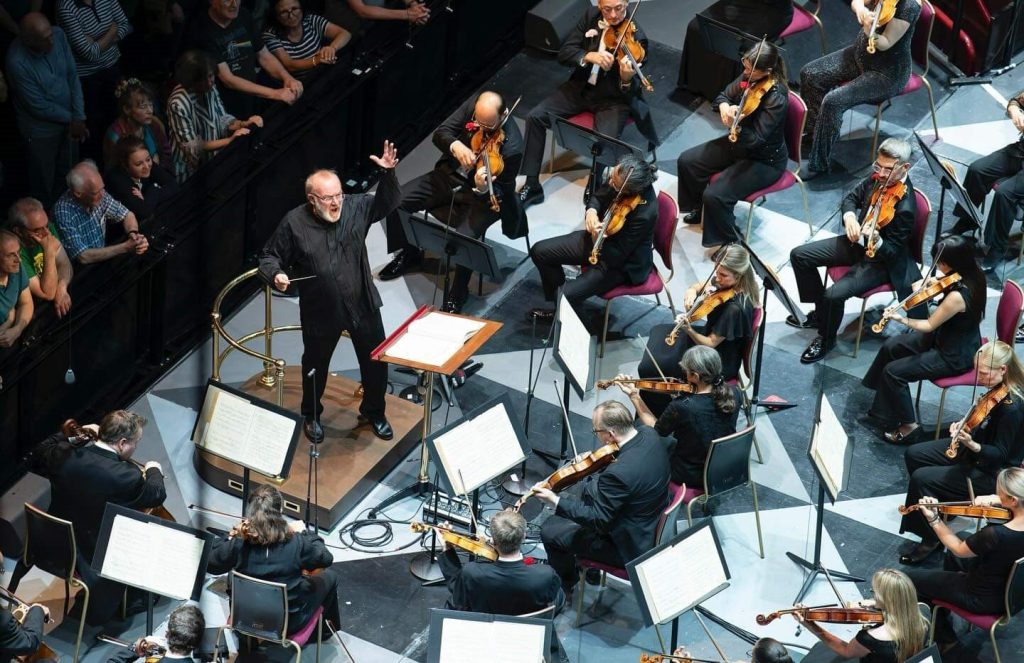 (4.5 / 5)
(4.5 / 5)
Image Credit Mark Douet
Seren Hamilton has a searing, visceral professional debut in this new Welsh language version of ‘Iphigenia in Splott.’ From the moment she stalks across the stage, hovering her hands over a standing lamp and watching as it lights beneath her hands, to the final devastating lines delivered to the audience, the piece crackles with ferocity and emotion that transcends any language barriers.
As a Welsh learner I had slight trepidation about keeping up with the furious venom that is delivered rapidly towards the audience members, but I needn’t have worried; the subtitles ensured that a ‘dysgwyr’ like myself was able to keep up easily without having to take my eyes off the unfolding plot. The language is of the street, English and Welsh slang tumbling together to create a dialect that truly reflects the way that the Welsh language lives and breathes with the benefit of making it accessible for someone like me.
Lighting is expertly designed by Katy Morison, inspired by Splott itself. The large blank wall at the back of the stage enables the lighting to become its own entity, bringing the streets of Splott to life with ease. The sound too, (ably created by Tic Ashfield) is created from actual recordings of sounds about the area, creating the music and ugly, yet symphonic world that Effie inhabits. The overall set design is simple, but truly effective; the mattress, the chair and lamp, emphasising Effie’s isolation and the desolation of her environment.
Based on Greek Goddess, Iphigenia, the theme of sacrifice is strong throughout. It’s not just the sacrifices that a single young woman makes though, but the sacrifices of community of Splott and the wider sacrifices of the working class of Wales and even further afield. The themes are initiated with Effie informing us all that we ‘owe her’ and that she’s come to collect her debts, and it echoes throughout the hour and half. Mentions of the soldier trying to put together his life again after a catastrophic accident; small mentions of shops closing down and flats stacking up; Nan working in the Co-Op even though she’s in her seventies and the ultimate sacrifice that Effie makes for us all, her community, the people who would turn away and see her only as a ‘nasty skank.’
This play is a vital part of Welsh theatre now, having made its debut at this very theatre in 2015, there is no denying its impact and it’s fantastic to see it delivered in its ‘native tongue.’ It is no mean task for a director and an actor to approach a piece that’s almost a decade old now and so important to the theatrical make up of Wales, but Director Alice Eklund breathes new life into the piece, capturing the energy and lifeblood of Splott, paying homage to the original but creating a new version to stitch into the tapestry of this ongoing story.
Seren is exceptional in the role; she owns the stage, stalking, dancing, crawling across it, delivering her lines directly to audience members without hesitation or apology. This then gives way to a softer, tragic side of Effie as she struggles to come to terms with her feeling of ‘not alone’ and what that means to her and for the rest of her life. As she reaches the peak of the performance and the true sacrifice that Effie makes, you can hear a pin drop in the studio space of the Sherman, and no one can tear their eyes away. It is a striking, assured debut and I cannot wait to see what she does next.
Ultimately, I am so glad that I overcame my sensitivities around my less than perfect Cymraeg and took the plunge to watch Iphigenia yn Sblot; this is such an important piece of theatre and remains as poignant in its message today as it was almost 10 years ago. The Sherman’s goal of ‘telling local stories with global resonance’ is truly alive and well and delivered with expert hands in this newest production. Llongyfarchiadau pawb!
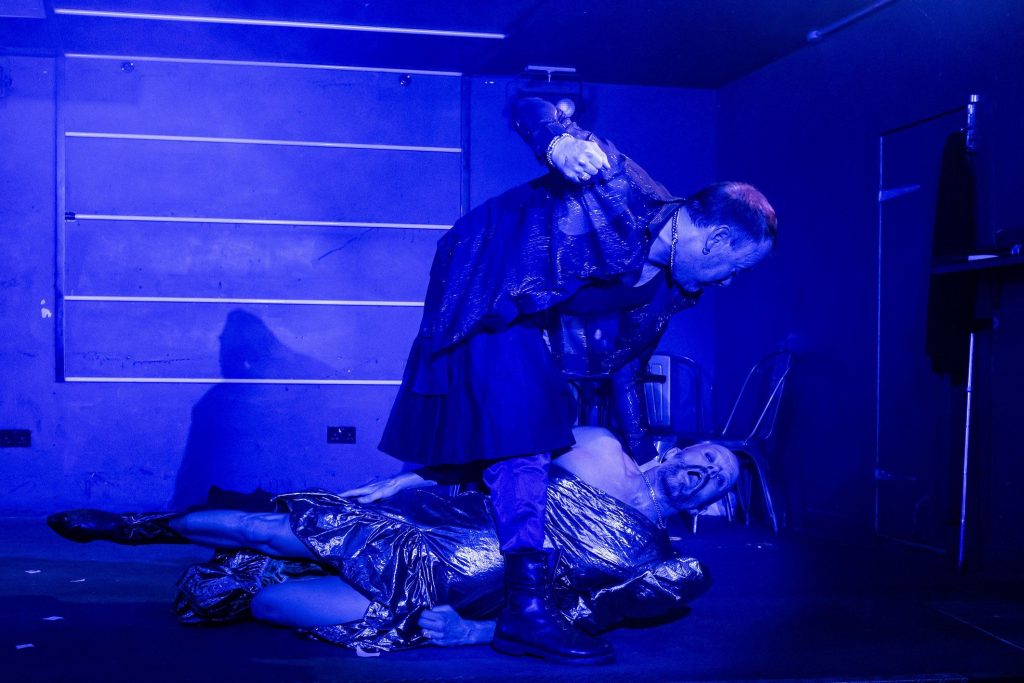
 (3 / 5)
(3 / 5)
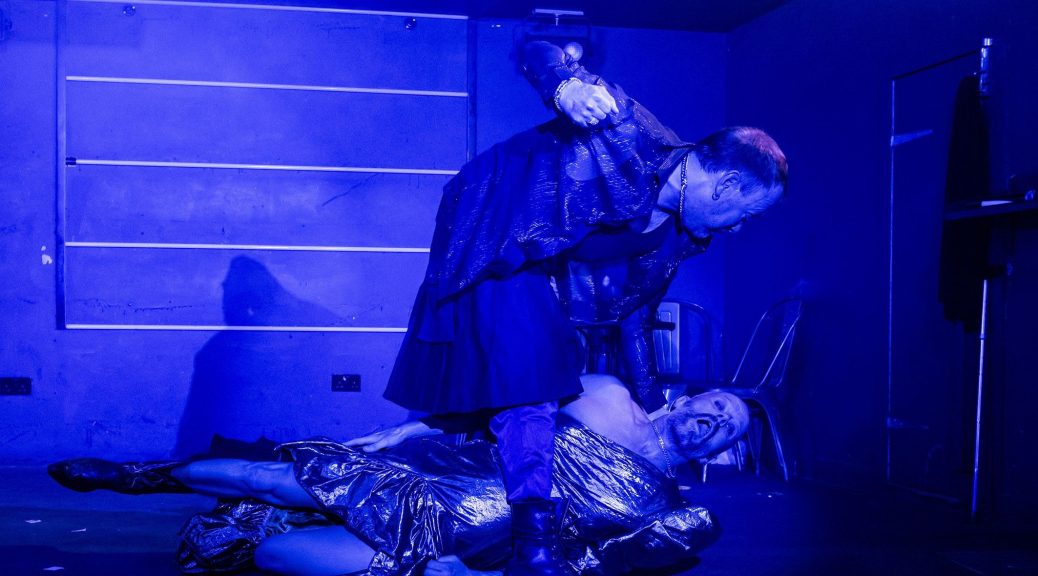
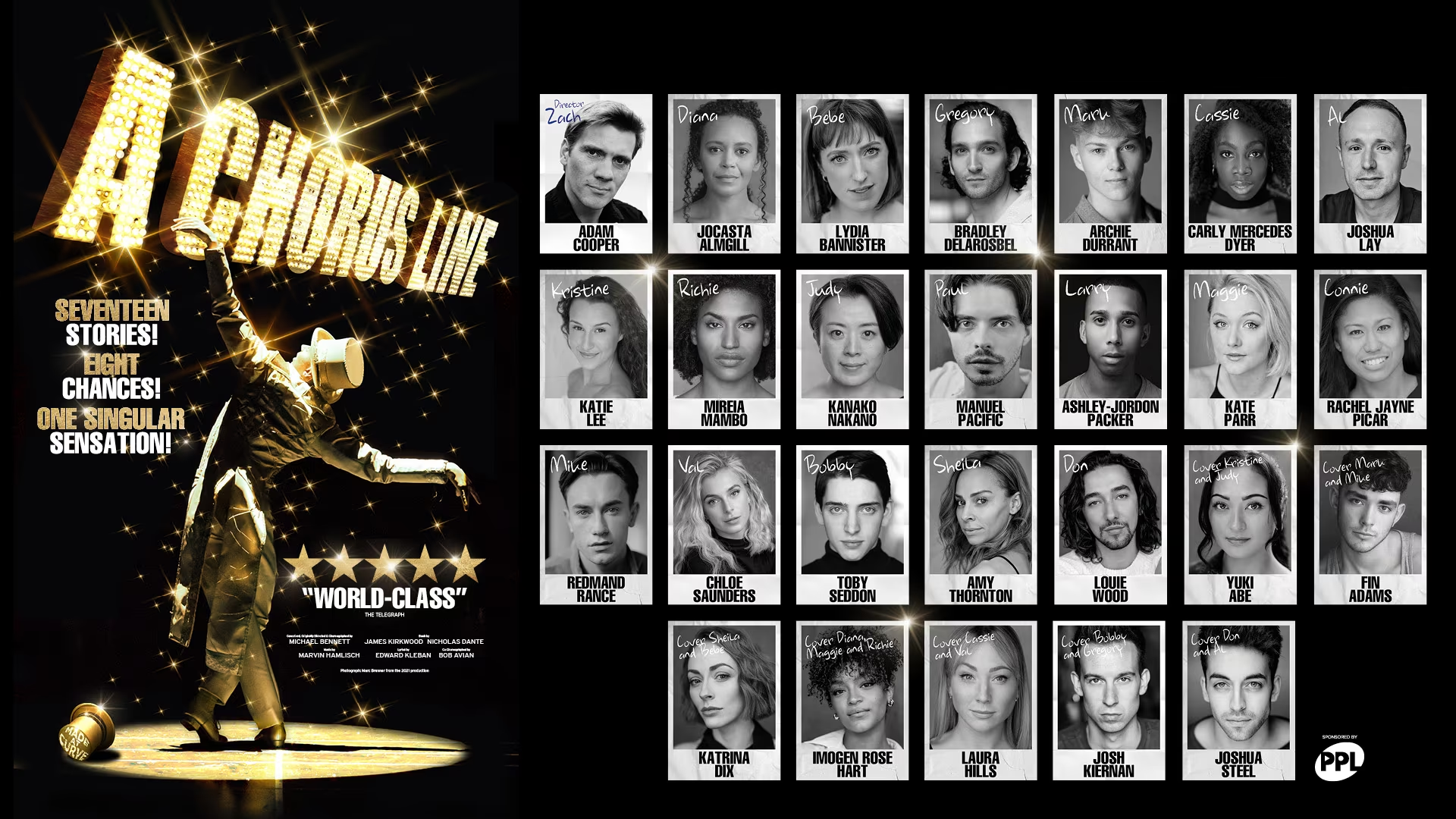
 (4 / 5)
(4 / 5)




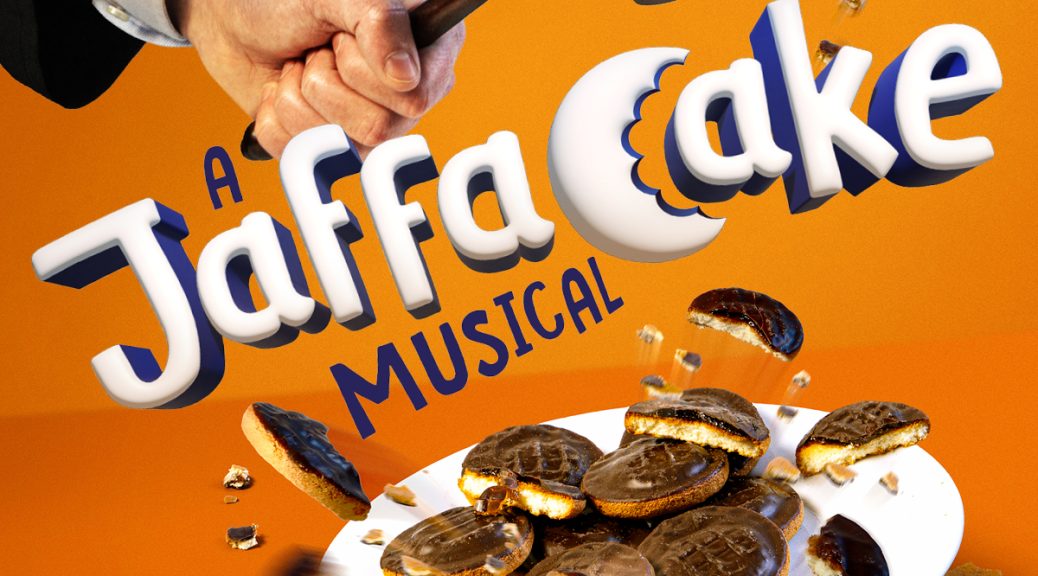
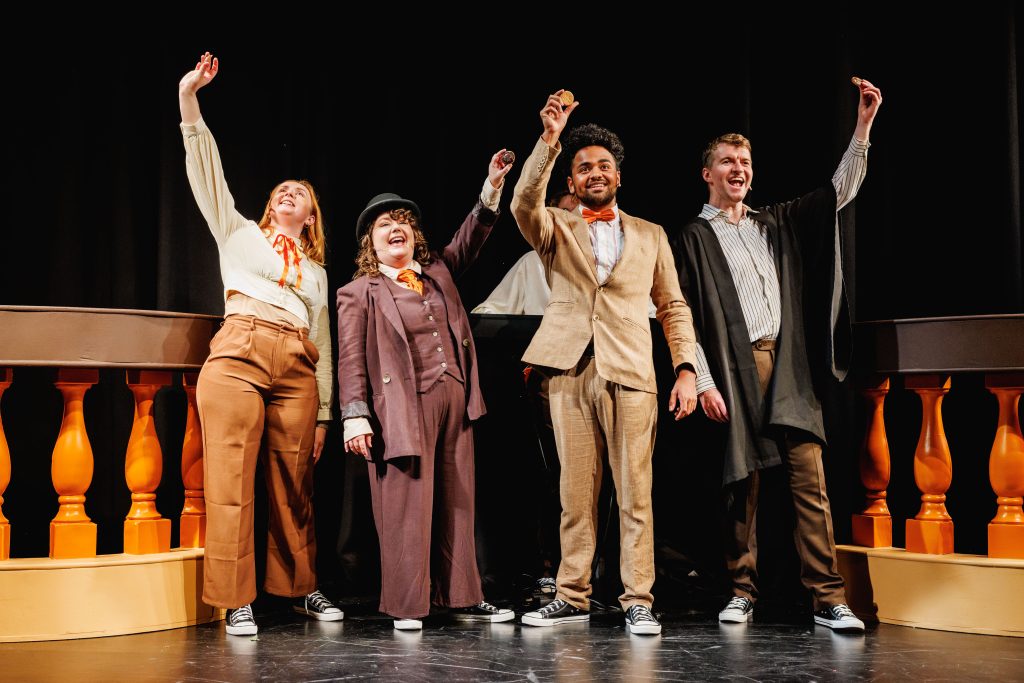




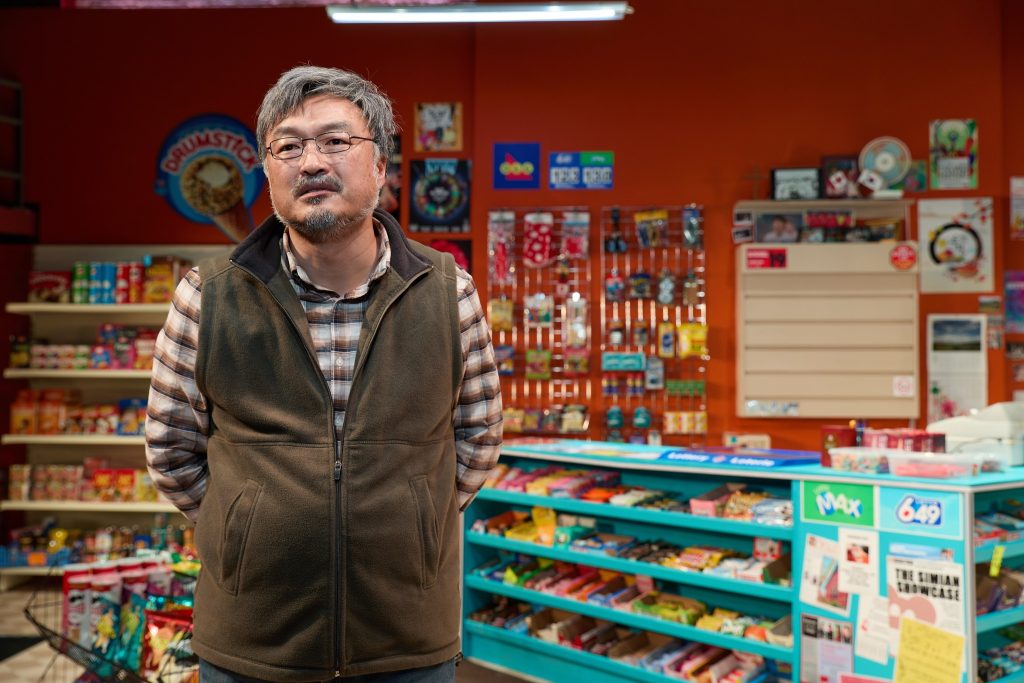
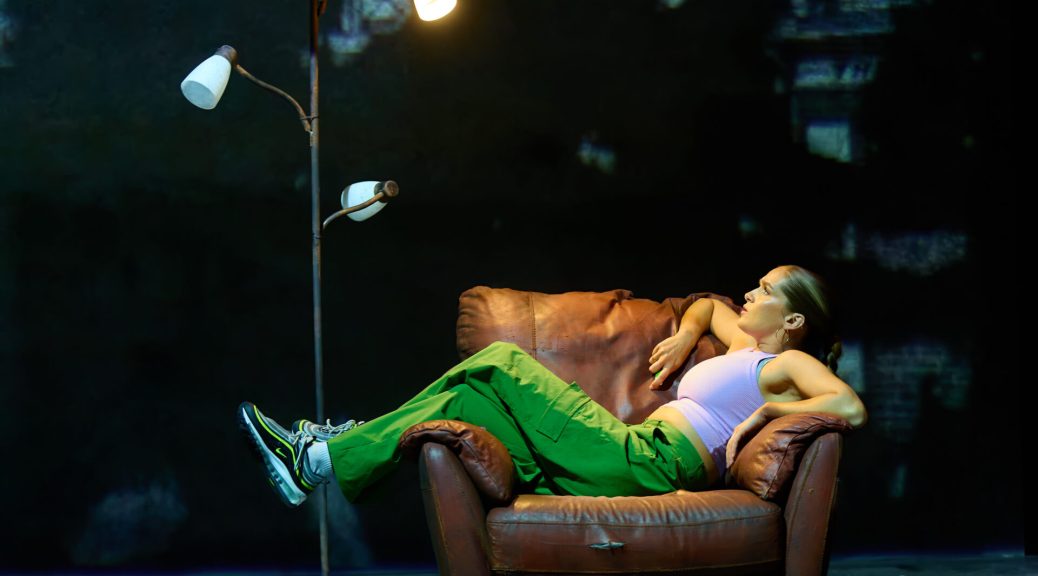
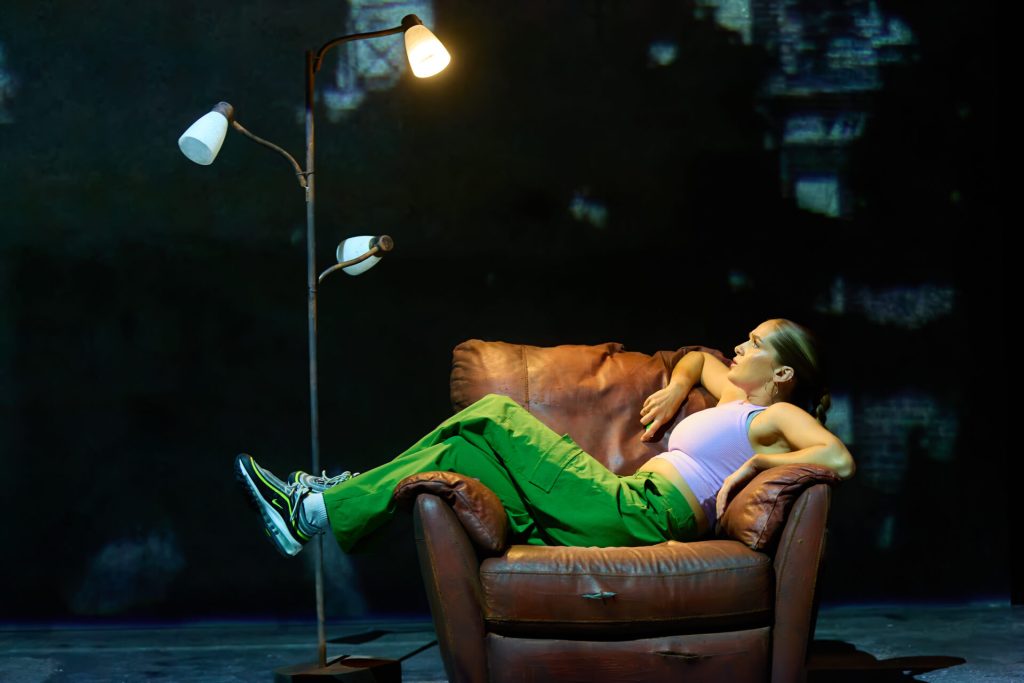
 (4.5 / 5)
(4.5 / 5)